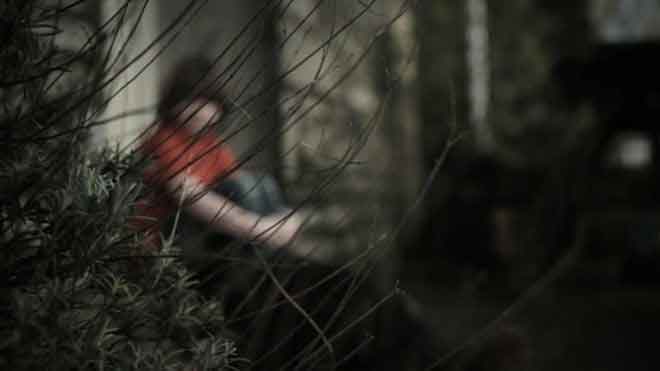THE WELSH GOVERNMENT is to create a statutory register for home-schooled children. The announcement by Cabinet Secretary Kirsty Williams follows a review of the safeguarding of home-schooled children in light of the Dylan Seabridge case.
Dylan Seabridge died in 2011 of what was diagnosed as scurvy during a post-mortem examination. To all intents and purposes, Dylan had been invisible to social and education services in Pembrokeshire until concerns about the wellbeing of him and his siblings were raised following an industrial tribunal hearing regarding his mother’s employment in a Ceredigion school.
Dylan’s parents denied Pembrokeshire Social Services the chance to assess the wellbeing of Dylan or his siblings and, due to the way the law is drafted, there was no way of compelling his parents to give access.
Dylan Seabridge had no direct contact with agencies such as doctors, nurses and teachers from the age of 13 months, a Child Practice Review later found. His death resulted in a wide-ranging review and, in 2016, its author Gladys Rhodes White said current legislation was in ‘stark contrast’ to the Welsh Government’s commitment to the UN Convention of the Rights of the Child.
There are wide ranges of reasons why families choose to home school their children: distance or access to local school, religious or cultural beliefs, or philosophical or ideological views. Guidelines for home schooling vary depending on where you live in the world. Home-schooled children in Scotland have to be registered whilst there is only a requirement to de-register in other parts of the UK.
Responding to a question from Simon Thomas AM, Cabinet Secretary for Education, Kirsty Williams, said: “I am committed to ensuring all children in Wales receive a suitable education, are safeguarded, and have the opportunity to benefit from universal services.
“I have accepted, in principle, the recommendation by the Children’s Commissioner for Wales for a statutory register for home-educated children and will be working with the commissioner to take this forward.
“To help support local authorities identify home-educated children in their area I will be challenging current ways of working to ensure we maximise opportunities for further strengthening collaborative approaches to protect the rights of these children to receive an education and to be safe.”
An NSPCC Cymru / Wales spokesman said: “We have long supported a compulsory register for children who are educated at home and it’s encouraging to see the steps being taken by the Welsh Government to make this a reality.
“Every family has a right to educate their child as they choose and home learning alone is not a risk factor for abuse or neglect. But home educated children are at increased risk of becoming invisible to authorities and it is absolutely vital that councils are able to identify those children in their area and ensure they receive the education, safeguarding and support they need.
“We know that parents want a safe learning environment for their children. A register would help to ensure this is the case for every single home educated child in Wales.”
Former Children’s Commissioner for Wales, Keith Towler, is to lead the task and finish group.
A Welsh Government spokesman said: “We have listened carefully to concerns about safeguarding children who are educated at home and have accepted, in principle, the recommendation of the Children’s Commissioner for Wales for a statutory register for home-educated children.
“We are currently exploring the options available and will continue to liaise closely with the Children’s Commissioner as we progress this work.”
Speaking before Christmas, Cllr John Davies, Chair of Pembrokeshire County Council’s Education Scrutiny Committee, said: “This is a serious issue. We have seen here in Pembrokeshire, first hand, where the system doesn’t always accommodate for the well-being of an individual that is home-educated.
“The trend is telling us there are now more people electing for home education, a 52% increase between 2013-16. Therefore there is more of a reason to reflect on the Corporate Overview and Scrutiny have quite rightly referred to the need, one that would not infringe on the rights of individuals, to have a one-a-year visible contact with a child. This is about sharing the responsibility that everyone has towards children and young people.”


















Add Comment